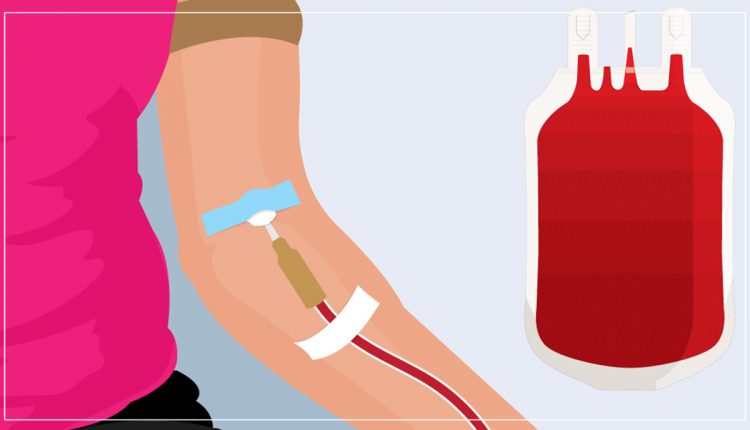
5 Things to Know Before You Donate Blood
Blood donation is one of the least difficult and benevolent things one can offer society. The blood you give can spare an existence and requires next to no exertion and time from you
Blood exists in a couple of various types: A, B, AB, and O. Much the same as identities, not all blood classifications get along. This is on the grounds that every kind of blood has its own particular antigens, which sit on the cell’s surface and tells the body’s safe framework whether the cell is remote or well known. The immune system makes antibodies to battle off the antigens that don’t coordinate up, which helps the body to shield itself from outside trespassers.
Unexpectedly that antibodies go over a platelet whose antigens are not perfect (for instance, type B blood that was wrongly mixed into a type A patient) it will advise the immune system to rev up either separate the blood or cause clotting — not a decent outlook for the circulatory framework.
The third real antigen that stays outdoors on the surface of platelets figures out what’s known as the Rh status of the person. Platelets that have this antigen are regarded “positive” though cells without it are assigned “negative.” Rh-negative blood classifications can just get red platelets from other Rh-negatives, yet Rh-positive can get either.
Here are some must know when donating blood.
1. Check to see your eligibility to donate blood
Before donating blood, a wellbeing proficient will look at you for a few angles before he/she thinks of you as fit for donating blood. They will check your weight, hemoglobin levels, blood pressure and therapeutic history and at exactly that point will they have the capacity to remember you as a benefactor. The accompanying criteria must be met all together for a person to qualify as a blood contributor.
- Age: 18-60 years
- Weight: 45kgs or more
- Hemoglobin: 12.5gm% least
- Medical Background: The donor must be sound and good to go and not have experienced any unending illnesses in the past or recently.
2. Try not to go hungry
Drowsiness is a typical symptom after donating blood. So as to battle it, ensure you eat well before you donate blood. Likewise, recollect to drink enough or fluids to keep your body all around hydrated. Make it certain to eat something that is low in fat and high in iron an hour prior to your type to give blood. White or wheat bread, non-fat yogurt, eggs, spinach, and bananas are all great nourishments to go for. It’s vital to have your blood streaming at top gauge; high iron levels keep you ready and less at danger for swooning. Be that as it may, in the event of some unforeseen issue, ask a companion or relative to come along with you so you don’t need to stress over driving home thereafter.
3. Rest for a while
Blood donating will take 10 to 15 minutes approximately. They will gather around 350 ml of blood in one bottle. You will be rested on a bed or seated amid this technique. It is essential that you unwind after this. You may experience the ill effects of some fundamental reactions like unsteadiness, so it is prescribed that you rest after the method.
4. Fuel yourself up
To reestablish lost liquids and beat tipsiness, you will need to eat and drink not long after you give blood. Drink juice or a lot of water as this will renew the lost liquids rapidly. Avoid caffeine.
5. Try not to endeavor after a blood donation
Regardless of the fact that you don’t feel debilitated, recalling that blood donation will influence your ordinary real capacities for no less than a day. Try not to enjoy body applying exercises like working out, shopping and so forth in the wake of donating blood.

